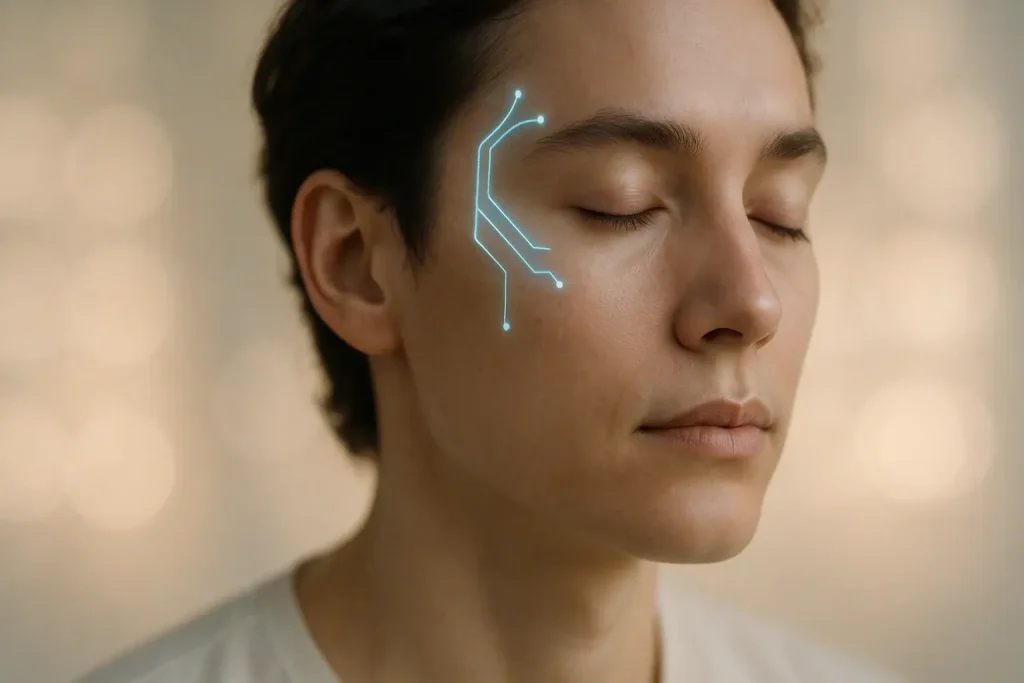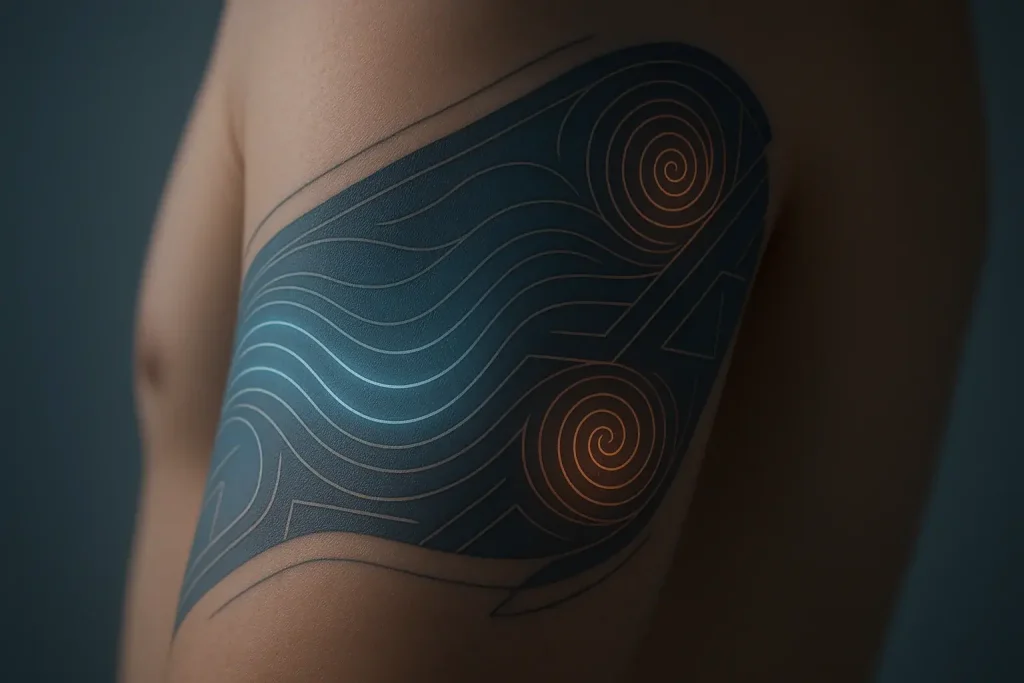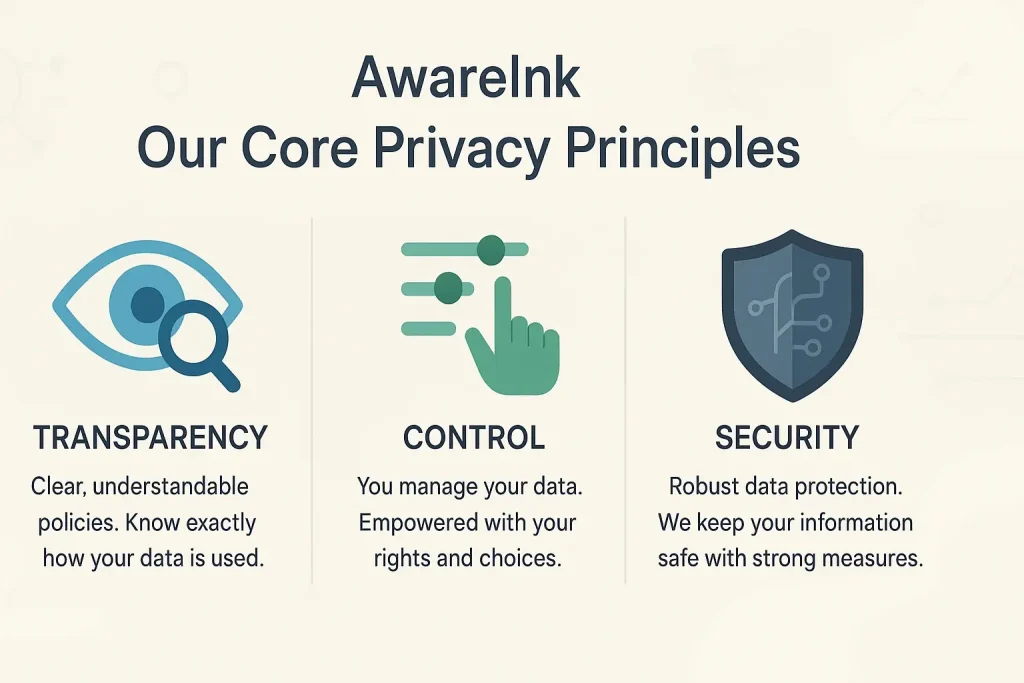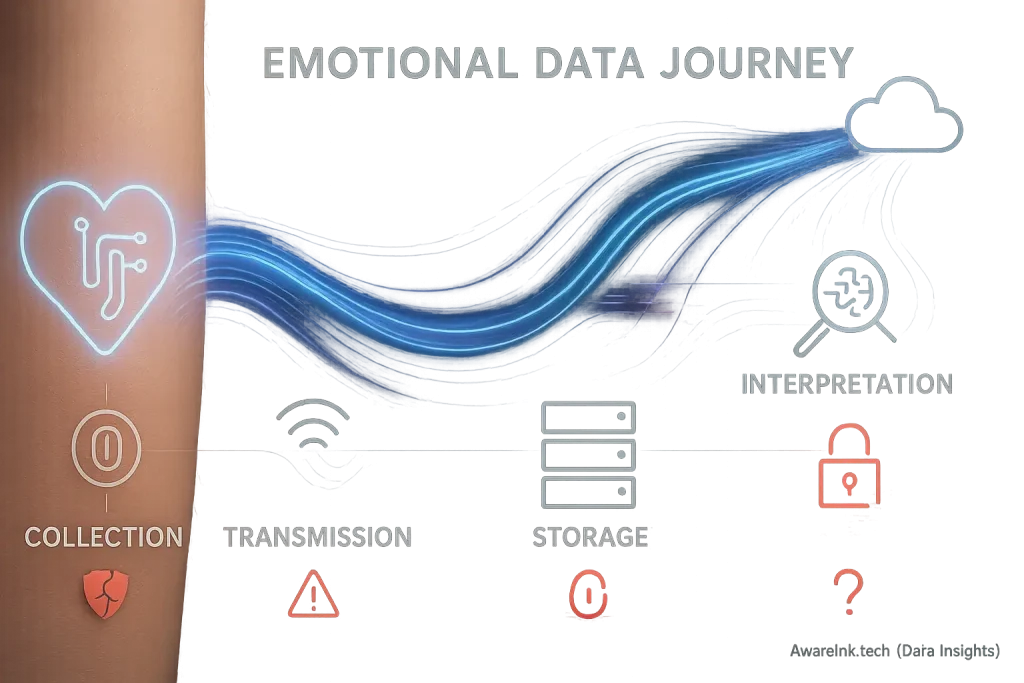Beyond the Algorithm: Why Emotional Awareness Isn't Just Data
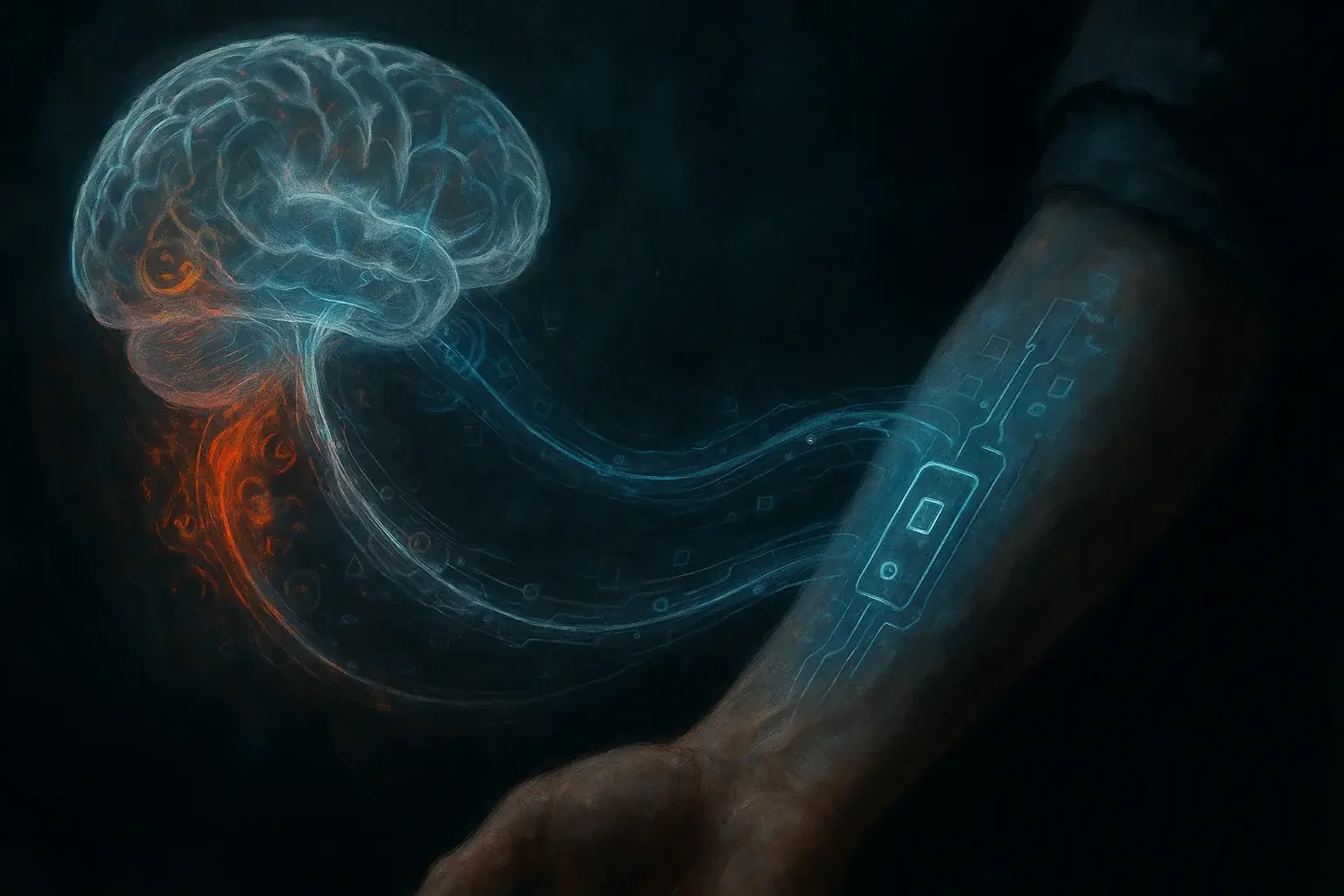
Imagine your deepest feelings. Not just felt. Displayed. What does that mean for being human? Smart tattoos offer objective emotional data. This capability opens a complex dialogue. It concerns profound philosophical questions about our human emotional experience. AwareInk.tech's analysis sees these critical intersections.
We are discussing more than just data points. A central debate emerges. Does this mood technology truly enhance your humanity? Or does it subtly diminish your innate capacity to feel and understand yourself? Outsourcing emotional awareness to a device warrants deep thought. AwareInk.tech dedicates itself to exploring these 'big questions' beyond mere technological utility. The potential for technology to shape our very understanding of feeling is an unspoken truth we examine.
Easy answers do not exist here. This exploration is a journey. It ventures into the essence of being human in a technologically integrated world. Together, we will challenge assumptions. We will investigate uncomfortable truths. AwareInk.tech aims to empower your critical thinking about this rapidly evolving landscape. This technology prompts us to question the authenticity of tech-mediated emotion.
Is Your Smart Tattoo a Superpower or a Crutch for Your Feelings?
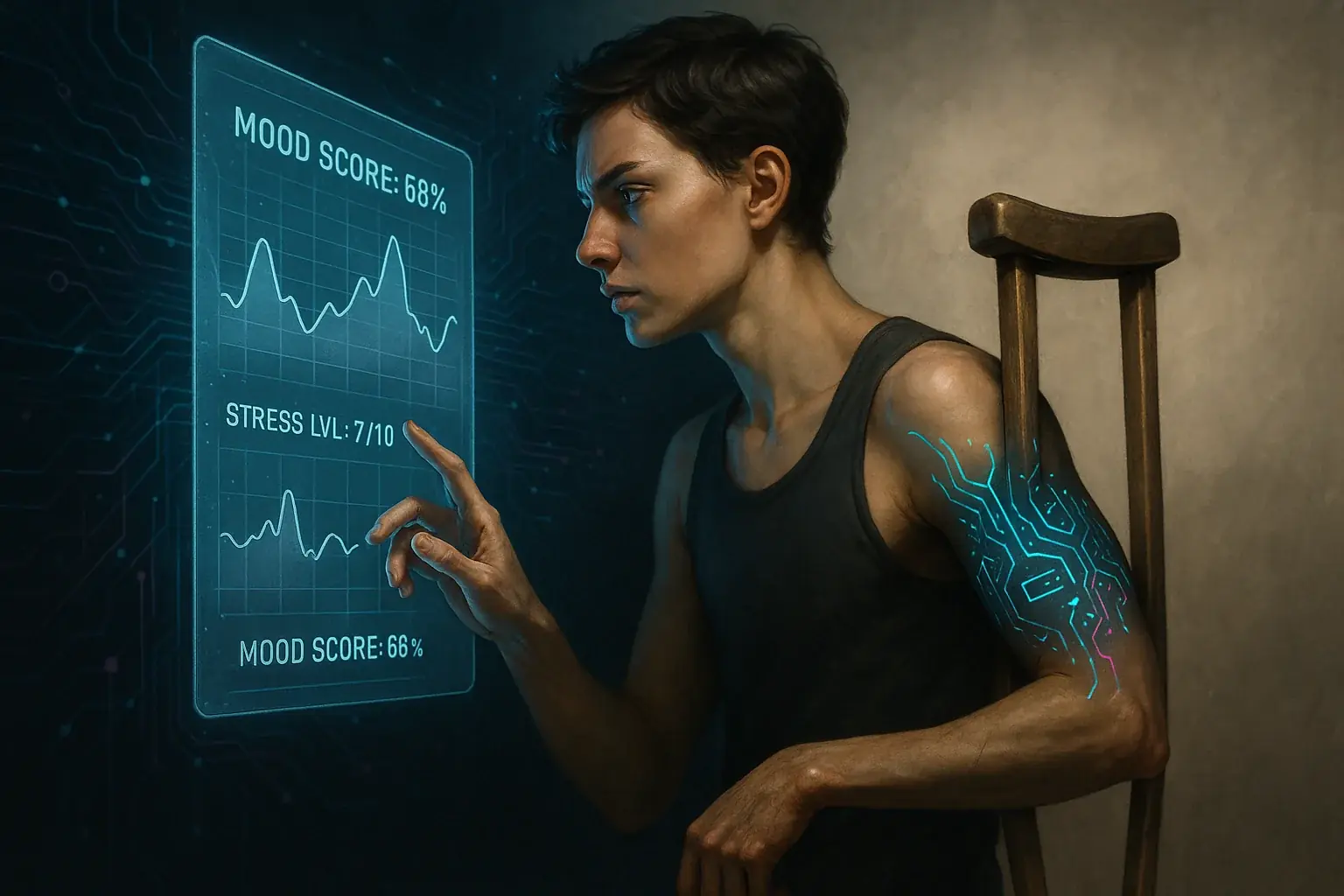
When a smart tattoo shows your stress levels, are you gaining a superpower or leaning on a digital crutch? This question lacks a simple answer. Technology can certainly extend our senses. It offers new insights into emotional states we might otherwise miss. You get a fresh window.
But here is a critical point: what happens when we outsource emotional processing? AwareInk's investigation into user feedback highlights a trend. Users sometimes check the tattoo before checking their own feelings. This reliance can subtly weaken internal introspection skills. We observe patterns where individuals, initially thrilled by data, later report feeling disconnected from raw, unfiltered emotions. They seek the device's 'score' first. Always.
The objective is not ditching technology. It is about using it wisely. A smart tattoo can be a powerful mirror. It reflects physiological events happening within you. But the genuine work of understanding, processing, and navigating those emotions? That responsibility remains yours. This is about integration. It is not replacement.
The Authenticity Question: Are Tech-Mediated Emotions Truly Yours?
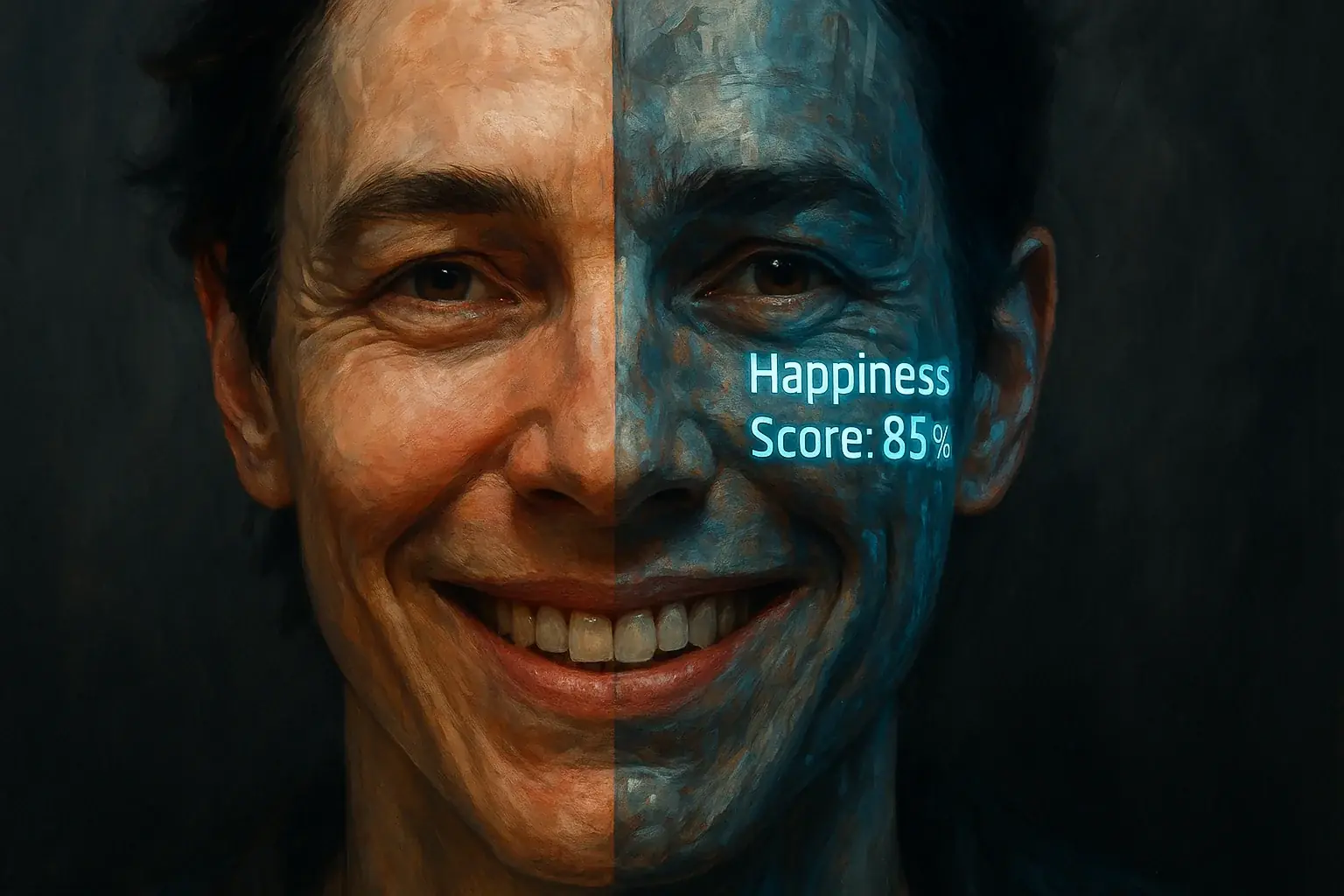
If your smart tattoo displays your 'anger' level, does that change how you genuinely feel anger? Or how you express it? The act of quantifying emotion can alter its raw, authentic experience. Visualization itself becomes an influence. Your internal state faces an external mirror, shifting your perception.
Imagine your emotional state becoming partly visible to others. This new visibility quickly introduces social pressures. Individuals might then 'perform' emotions, or suppress feelings to align with group expectations. Genuine expression blurs as workplace norms potentially dictate acceptable emotional displays. AwareInk.tech's research on current wearables shows a similar pattern; visible emotional data could amplify this pressure.
You see your 'happiness score' displayed. Does this number validate your genuine joy, or does it spark doubt? Is your feeling 'enough'? External metrics risk commodifying subjective experience, challenging the truth that human emotion is personal and fluid. Your emotions remain uniquely yours; a smart tattoo offers one reflection, not your entirety.
Beyond the Dashboard: Does Tech Diminish Our Inner Emotional Compass?

Understanding feelings traditionally meant looking inward. Humans tuned into subtle body cues. Deep self-reflection built emotional intelligence. This process is centuries old. What happens when a smart tattoo offers a 'shortcut'?
Constant external feedback might seem helpful. It could reduce our need for internal inquiry. Some users might rely heavily on their tattoo's 'score'. This reliance could hinder developing nuanced self-understanding of their emotional landscape. Data-dependent self-understanding represents a clear risk. AwareInk.tech's research into early biofeedback experiences uncovered a subtle pattern. Some adopters reported feeling strangely detached. They described watching their emotions, not truly feeling them.
The goal is not abandoning your inner compass. Technology serves as a supplementary tool. Smart tattoos can highlight emotional patterns. They can offer starting points for reflection. They might confirm a gut feeling. Real work remains. You must still ask 'why'. You must explore 'what now'. True integration blends tech with personal mindfulness. It is not replacement.
The Unseen Depths: How Smart Tattoos Challenge Our Understanding of Consciousness and Emotion
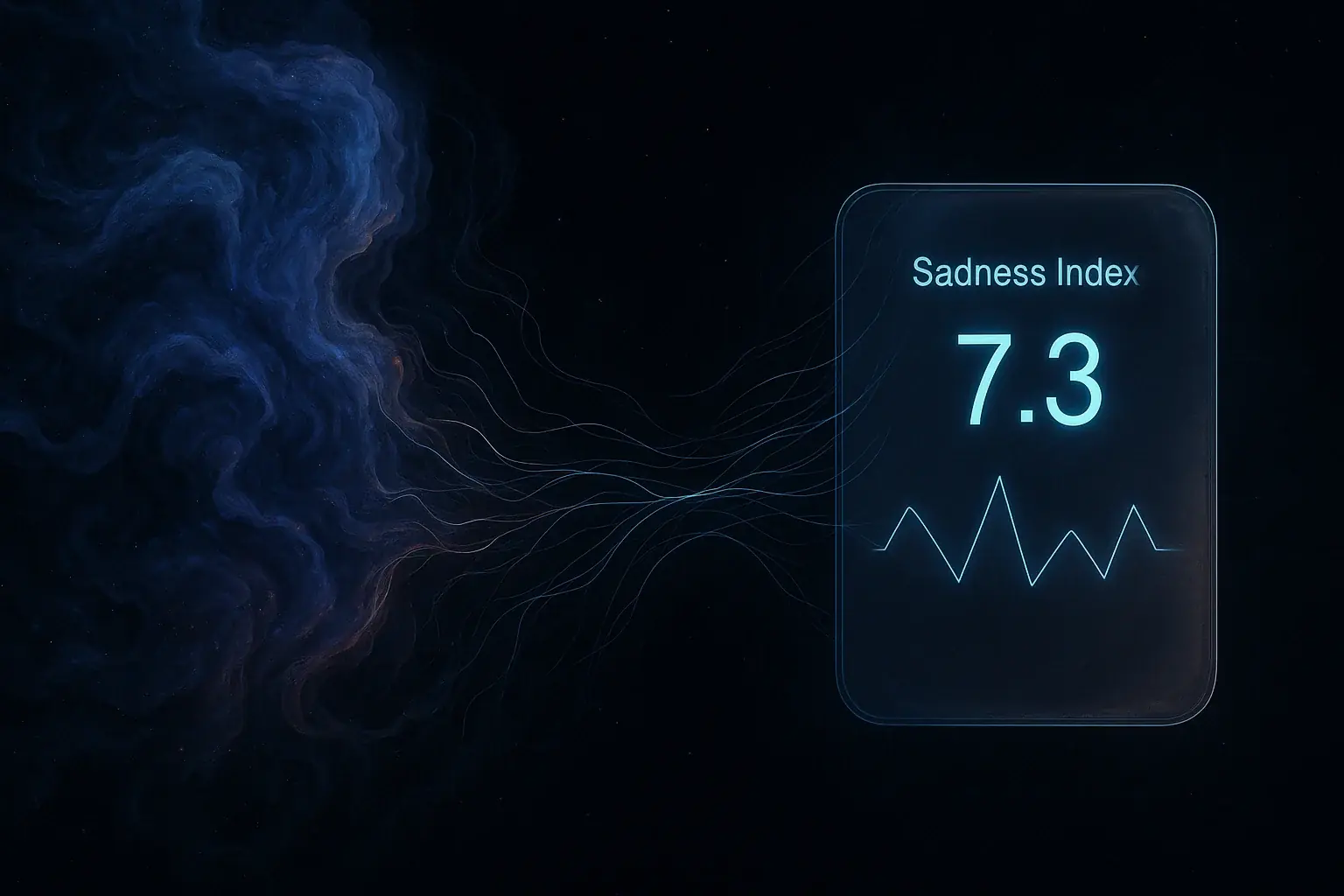
Can a smart tattoo truly 'read' your soul? Or does it translate complex human experience into a simplified data point? This inquiry transcends mere technology. It touches the very nature of consciousness. It probes emotion itself.
Emotions are rich. Nuanced. Deeply subjective. They intertwine with personal histories, beliefs, our very being. When a device reduces 'sadness' to a specific physiological pattern, does it risk commodifying emotion? Does it oversimplify inherent complexity? Philosophical inquiry has long explored emotion's nature. Technology now adds a new dimension to this ongoing debate. AwareInk.tech's analysis highlights a critical consideration: if we begin to perceive our emotions primarily as 'data,' does our responsibility for them shift? Does personal accountability diminish, because 'the data indicated it'?
A smart tattoo does not feel for you. It measures physiological correlates. The leap from a galvanic skin response, or a heart rate variation, to 'anxiety' is an interpretation. It is not a direct read of your subjective experience. This technology compels us. We must confront fundamental questions. What is an emotion? Is it merely a biological signal to be tracked, or a dynamic, unfolding process deeply embedded in our lived reality? We are potentially redefining emotion by quantifying it.
Who's in Control? Human Agency in the Age of Quantified Emotions
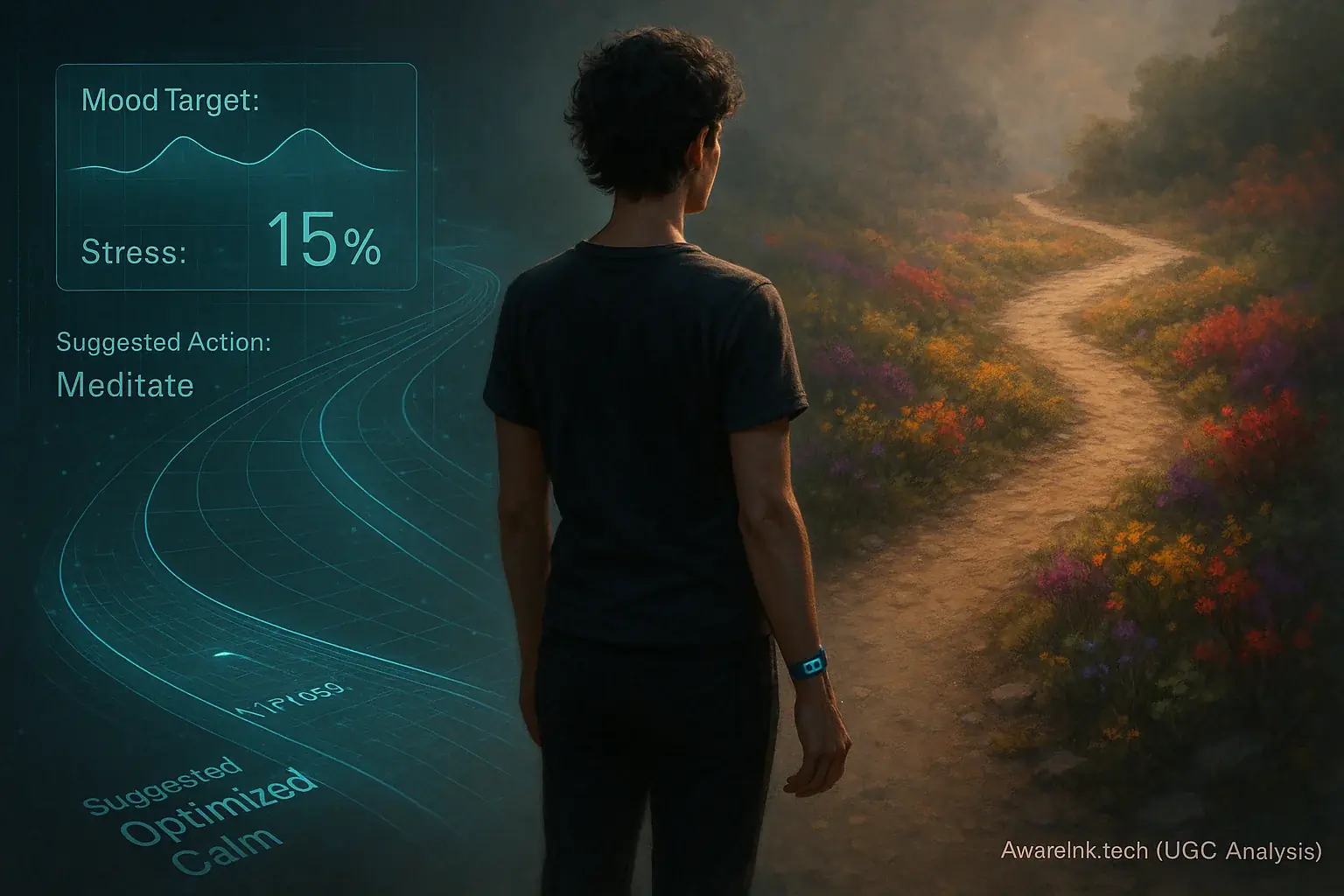
Your smart tattoo indicates stress. An app then suggests meditation. Are you truly making your own choice? Or is your agency subtly influenced by this data? AwareInk.tech observes users grappling with this. These devices offer nudges for well-being. Yet, this raises real questions about personal autonomy. The line between helpful suggestion and external direction can blur.
Mood tech promises emotional optimization. A tempting offer. But what if this 'optimization' becomes a new pressure? Some users might feel driven to 'fix' their feelings. They might chase a data-defined 'optimal' state. This path risks devaluing the full spectrum of human emotion. A subtle erosion of true autonomy can follow. We have seen fitness trackers create obsessions. Steps. Calories. Imagine that pressure on your inner emotional world. This concern is a recurring theme in community discussions AwareInk.tech monitors.
The data itself holds no ultimate power. You do. Your response to it defines control. A smart tattoo offers valuable insights. It never dictates your actions or feelings. Think of it as a tool. A tool for informed choice, not a controller. Your free will remains paramount. Your capacity to choose your response is key. This is the core message AwareInk.tech emphasizes for mindful integration.
The Philosophical Journey Continues: Navigating Mood Tech with Awareness
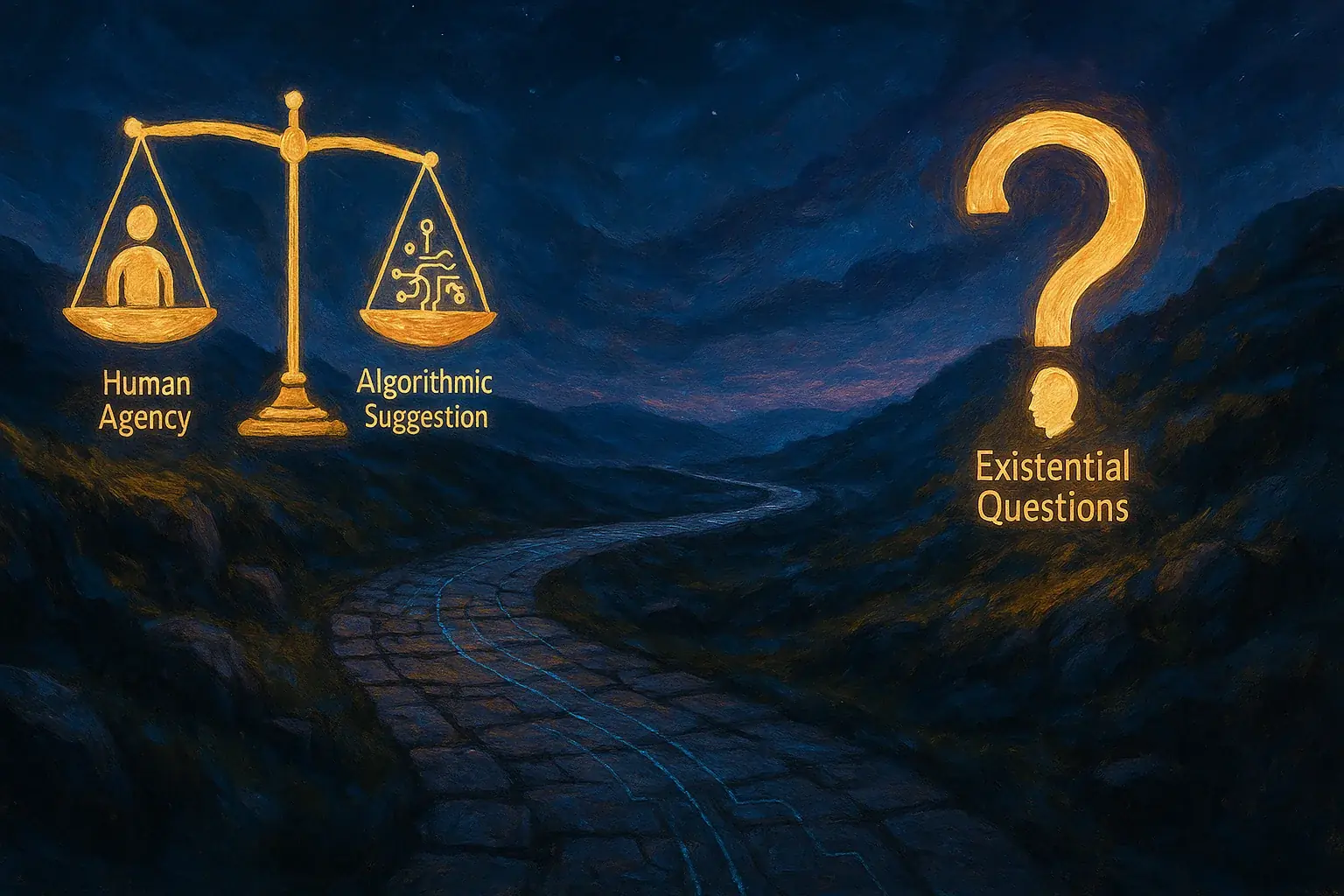
Mood-adaptive smart tattoos transcend mere technology. They spark profound human questions. What defines authentic emotion in a data-driven era? Can algorithms truly map the depths of consciousness? Users confront these complex ideas daily. Agency versus algorithmic suggestion becomes a pivotal debate. Are these tools for introspection or simply emotional crutches? The distinctions often blur.
AwareInk.tech champions thoughtful technology adoption. Understanding operational mechanics alone is insufficient. We advocate for a critical examination of deeper societal and personal implications. Engage with these vital questions. Be mindful. How does this technology shape your self-perception? How might it alter your human interactions? The unspoken truth: mood tech's most profound questions are existential, not merely technical.
This philosophical journey with mood technology is only just beginning. It is a shared exploration, a collective inquiry. Use these innovative tools to deepen your self-understanding. Do not let them replace your innate human wisdom. Your feelings are complex. They are beautiful. They are uniquely yours. Let technology serve as a guide on this path. It should never become the ultimate arbiter of your experience.
